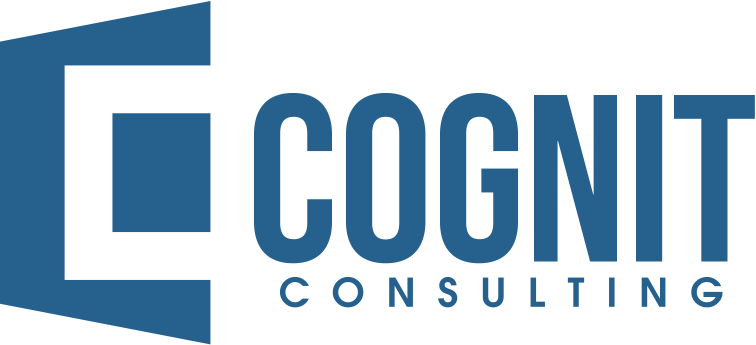Order & Order: The Secret (and Action Plan) for Successful Businesses
In today's fast-moving world, companies need to be competitive and efficient.
A key factor in achieving these goals is to have order of documents and policies.
In this article, we explore examples of how a good document and policy structure can help you succeed:
Work smart and fast
Keeping the documents in order makes it easier for employees to find and use information. It saves time and resources, leading to better productivity and efficiency. It also reduces the risk of important information getting lost or getting old and reduces the need to reinvent the wheel when someone has already created a relevant policy or document.
Sustainability and environmental responsibility
For Swedish management teams, sustainability and environmental responsibility are often priority issues. Orderly documentation and policies around these issues help companies meet environmental requirements, reduce their climate impact and create a more sustainable business by actually getting the information out to employees.
Make better decisions
When documentation is organized and structured, it becomes easier for managers and leaders to find and use the information needed to make good decisions.
It also gives employees the information they need to do their job properly. This way everyone will be more interacted and efficient.
Safe and according to the rules
Companies must comply with laws and regulations to run their business properly. Orderly documentation makes it easier to comply with these requirements and reduce the risk of problems. It also protects the company's secret information from being leaked.
By keeping documents and policies in order, the company can reduce the risks associated with non-compliance, data breaches and leaks, as well as improve its ability to deal with any crises or conflicts that may arise.
Good communication and cooperation
When everyone has access to the right documents and policies, they can work better together and avoid misunderstandings. It also makes it easier to communicate and collaborate, as it creates conditions for mutual understanding.
Positive corporate culture
Organizing documents and policies is an important part of creating a good corporate culture. When the company demonstrates that it values efficiency, responsibility and professionalism, it also increases employee engagement and loyalty. At the individual level, there are also positive effects in the form of minimizing recurring frustrations that often arise during digital disorder.
Growth
For companies that want to grow and get bigger, it is important to have a solid foundation with orderly documents and policies. It makes it easier and more efficient to accommodate new employees and departments and ensures that everyone works in the same direction. Well-organized document management also makes it easier to adapt to changes.
How do I do it?
To create a good structure that realizes the value of the article above, follow this action plan:
Map current documentation and policies:
- Review all existing documents and policies within the company.
- Categorize them by department, topic and relevance.
Create a document management strategy:
- Design a policy for how documents and policies are created, updated, and archived.
- Establish responsibilities for creating and updating documents and policies.
- Decide which formats and templates to use to create uniformity.
Organize documents and policies:
- Create a structured and logical folder structure/information structure in IT systems designed to store documents and policies.
- Ensure that all documents and policies are named and tagged in a relevant and consistent manner.
- Implement a version control to keep track of changes and updates.
Implement a centralized storage location:
- Use a document management system or cloud service to store and share documents and policies.
- Ensure that the system is secure and that there are rules for access and permissions.
- Train employees on how to use the storage space efficiently and safely.
Implement approval flows for publishing new versions for the documents that require it:
- Define which documents require approval before publication.
- Define and document which roles need to approve which documents.
- Define and document how the approval flow should work.
- Implement approval flow.
- Update onboarding processes to include info about this for relevant roles.
Communicate and collaborate:
- Ensure that all employees are aware of the document management policy and their responsibilities.
- Create a culture of open communication and collaboration around documents and policies.
- Use internal communication channels to keep employees informed about new or updated documents and policies.
Evaluate and improve:
- Conduct regular checks on documentation to ensure that it is up to date and relevant.
- Receive feedback from employees on how to improve document management.
- Adapt the strategy and processes according to changes in the company or industry.
Training employees:
- Train employees in finding and using documents and policies.
- Offer training on how to create and update documents and policies according to company requirements.
Summary
Keeping documents and policies in order is essential for businesses to succeed. It helps to increase efficiency, comply with rules and create a good working environment. By investing in a well-organized documentation, the company can create a positive culture and be successful in a competitive market.
By following this action plan, your company will create a good structure for documents and policies, contributing to a strong corporate culture and long-term success.
Do you want help with all of the above? We have a packaged and cost-effective solution for that.
Do you also need implement or transfer management systems?
We have experts in that as well. Get in touch and we will investigate your needs.




